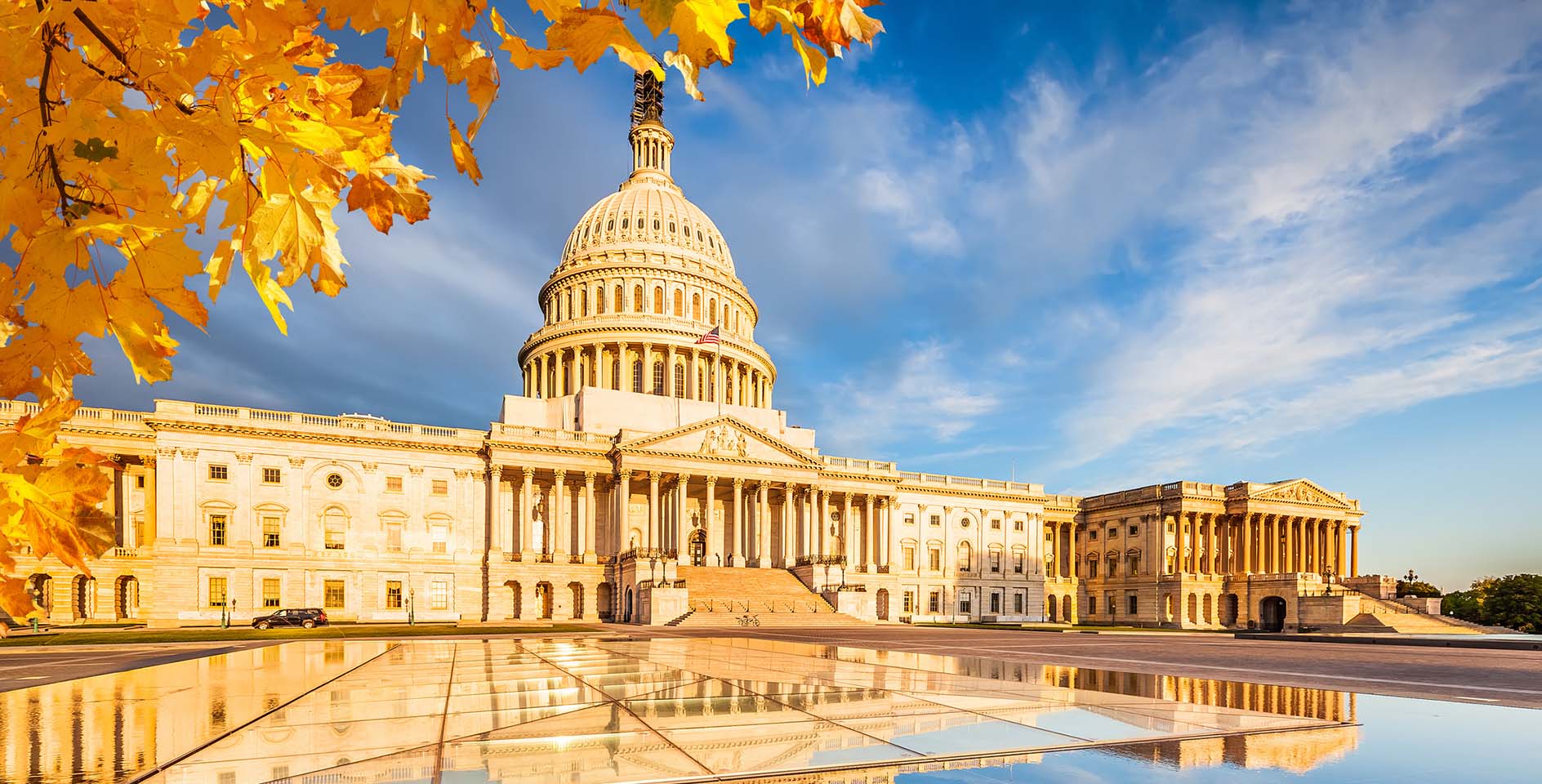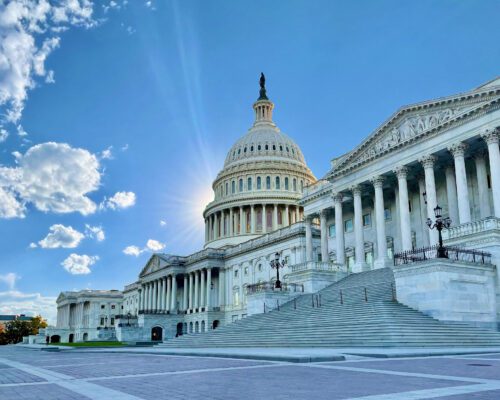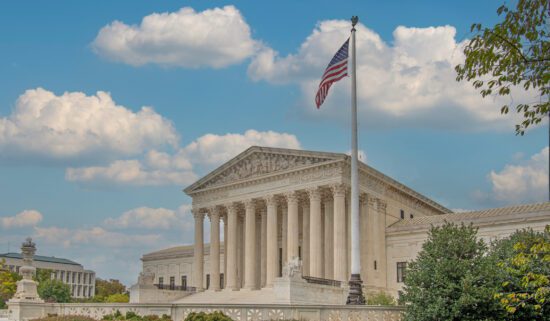In 1993, Congress enacted the strongest legislative protections for religious liberty into law. The passage of the Religious Freedom Restoration Act (RFRA) reinforced what Southern Baptists have held to be a fundamental truth enshrined in the Constitution: freedom of religion requires the free expression of religious belief.
Thirty years later, RFRA is still as important and is necessary for the future of religious freedom advocacy in the United States.
What led to the passage of the Religious Freedom Restoration Act (RFRA)?
There are two types of laws that affect religious freedom in the U.S.:
- Laws that intentionally target religious communities, which are expressly prohibited in the Constitution.
- “Religiously neutral” laws that seek to address another issue and influence religious communities incidentally.
Prior to the passage of RFRA, the courts exhibited sole discretion over the second type of law. Since the courts tended to rule in favor of the religious defendants, no legislation was needed to protect religious liberty; there was previous precedent already set to rule in favor of religious liberty.
In 1990, this changed with the case Employment Division v. Smith, when the court ruled against two members of the Native American Church. For these individuals, the practice of their faith required the ingestion of small doses of a hallucinogenic plant. In the decision, the court concluded that the federal government no longer had to meet the highest levels of scrutiny to supersede religious belief. This precedent meant that the court now tended to rule in favor of the federal government to override the religious expression of individuals in any instance where religious liberty conflicted with the law.
In response, outrage erupted in Congress across party lines, and legislators came together to pass RFRA to provide “very broad protection for religious liberty.”
What impact does the RFRA have on religious liberty today?
RFRA ensures that in cases where the federal government is exerting a requirement upon religious and faith-based employees and employers, the government must once again meet the highest standards of scrutiny instead of forcing employees and faith-based employers to needlessly sacrifice their deeply-held religious convictions. It remains the preeminent federal statute referred to by the courts when ruling on religious liberty cases to this day since it provides for a private course of action by which a citizen may sue the federal government.
RFRA has been an essential part of many of the most significant religious liberty victories at the Supreme Court since its passage, including cases like Hobby Lobby and Little Sisters of the Poor.
Additionally, RFRA represents some of the most bipartisan legislation to be signed into law. President Clinton, upon signage, stated: “ … Religion helps to give our people the character without which a democracy cannot survive … It is high time we had an open and honest reaffirmation of the role of American citizens of faith.”
The House of Representatives passed RFRA unanimously, and the Senate passed it with only three dissenting votes. Dozens of faith-based organizations, including the Christian Life Commission, led by Dr. Richard Land at the time, supported this legislation.
What does the future hold for religious freedom protections?
Part of the advocacy work at the ERLC includes calling for similar safeguards, such as conscience protections, to be reflected in federal funding through the appropriations process. For example, the Hyde Amendment specifically prohibits the federal government from requiring that healthcare providers perform abortions in the federal funding for the Departments of Labor, Health and Human Services, and Education appropriations bills. Hyde must be renewed on an annual basis.
As Southern Baptists who believe in the inherent worth of each person, the ERLC is advocating for these protections to be expanded to include all federal agencies and for this type of religious freedom protection to be permanently amended to federal statutes through legislation such as the Conscience Protection Act.
Additionally, while RFRA is still highly effective, there is a concerning practice in recently filed legislation to include a provision causing a RFRA exception. For example, federal pro-abortion legislation that includes this provision would make it so that religious employers do not have the option to refuse to cover the cost of abortion-related funding in health insurance. While this is still an emerging trend, the ERLC and other groups are diligently working to ensure legislators understand what a religious exemption means for thousands of faith-based organizations and individuals—and what a concerning precedent it could set for future legislation. As Baptist and religious liberty advocate John Leland stated, “If government can answer for individuals at the day of judgment, let men be controlled by it in religious matters; otherwise let men be free.”
A right view of government is that it is “ordained by God,” to which Christians should respond with “loyal obedience thereto in all things not contrary to the revealed will of God” (Baptist Faith and Message 2000; Rom. 13). Provisions like the Religious Freedom Restoration Act ensure that believers are able to faithfully live out our convictions in alignment with both God’s clear direction and the requirements of the law. We invite our fellow Southern Baptist to join us in thanking the Lord for these vital legal protections, even as we advocate to ensure they remain in place for future generations.










